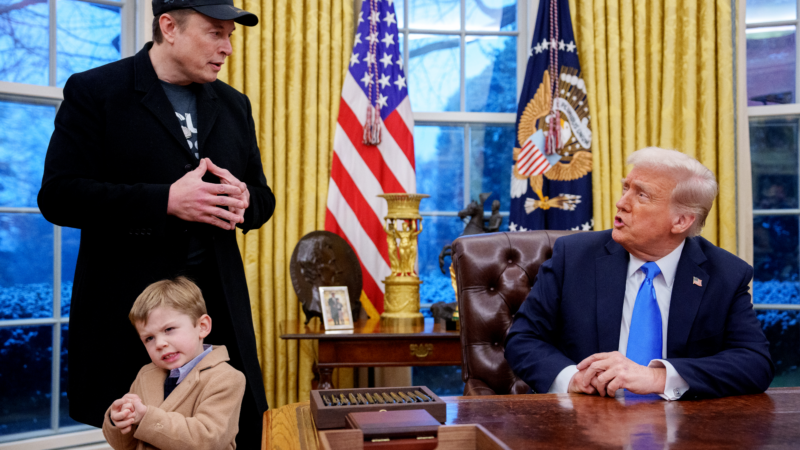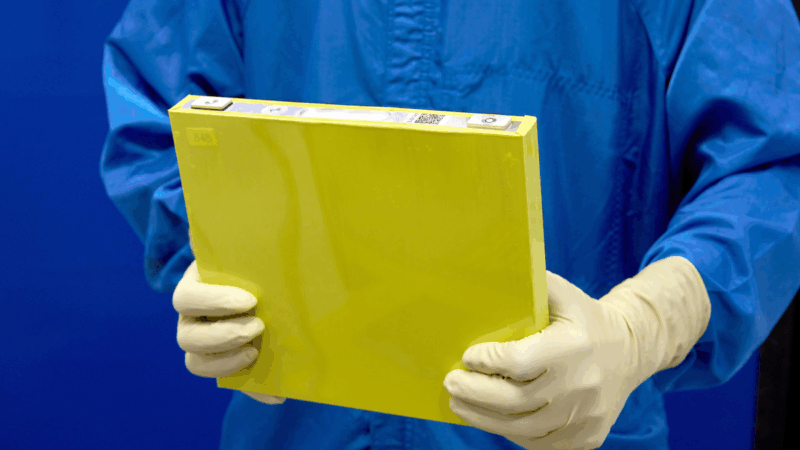White House says Elon Musk is not in charge of DOGE — legally, anyway
When Elon Musk refers to actions taken by the Department of Government Efficiency as “we,” he is not actually involved as an employee or leader of the initiative, according to a White House court filing Monday.
In a declaration from Joshua Fisher, the director of the Office of Administration, Musk is described as a “Senior Advisor to the President” as a special government employee and is not an employee of the separate U.S. DOGE Service (USDS) or the U.S. DOGE Service Temporary Organization tasked with improving government technology and cutting spending or staffing.
“In his role as a Senior Advisor to the President, Mr. Musk has no greater authority than other senior White House advisors,” the filing reads. “Like other senior White House advisors, Mr. Musk has no actual or formal authority to make government decisions himself. Mr. Musk can only advise the President and communicate the President’s directives.”
The White House filing also says Musk is not the USDS administrator in charge of the DOGE effort, and did not mention who holds that position.
The revelation comes in a lawsuit filed by Democratic attorneys general from several states who allege among other things that Musk’s nebulous role in the administration is illegal and violates the separation of powers assigned by the U.S. Constitution. They argue that President Trump has “delegated virtually unchecked authority to Mr. Musk without proper legal authorization from Congress.”
At a brief hearing Monday in the case, U.S. District Judge Tanya Chutkan expressed skepticism at the sweeping request the plaintiffs made to halt DOGE work, but was also skeptical at the claim from government lawyers that Musk had no authority to make governmental decisions.
Musk not being the legal leader of DOGE is a legal and technical distinction that contradicts the public representations made by Musk, DOGE and President Trump about the billionaire’s position in the federal government, and continues to raise questions about the operations of an effort that Musk claimed to be “maximally transparent.”
When Trump first announced DOGE, it was pitched as an outside review of the government co-led by Musk and former GOP presidential candidate and tech entrepreneur Vivek Ramaswamy.
On Trump’s first day in office, one of his many executive actions was to make DOGE a government entity, renaming the United States Digital Service and moving that organization under the umbrella of the Executive Office of the President.
Just last week, Musk was in the Oval Office standing next to Trump answering questions about DOGE, referring to “our actions” taken to direct agencies to cancel contracts and make other changes.
NPR has reached out to the White House for clarification about Musk’s role and the leader of DOGE.
17 new books our critics can’t wait to read this summer
We asked some of our trusted critics which upcoming books they are most looking forward to. Here are the fiction and nonfiction titles they picked.
These students protested the Gaza war. Trump’s deportation threat didn’t silence them
NPR spoke with two international students about their decision to continue speaking out despite the government's aggressive effort to deport pro-Palestinian activists.
Real estate agent commissions too high? Flat-fee brokers offer an alternative
Agents have typically taken a commission on the sale of a home that totals 5% to 6% of the price. But new rules have created an opening for brokers who charge much less.
‘Nihilism’ is in the news. What’s behind this ‘nothing’ philosophy?
The weekend bombing of a Palm Springs, Calif., fertility clinic has cast a fresh spotlight on a 19th century philosophy linked to Russian revolutionaries. What does "nihilism" mean?
Diseases are spreading. The CDC isn’t warning the public like it was months ago
Some of the CDC's main channels for communicating urgent health information to the public have gone silent.
The great battery race: China and the U.S. compete over the future of EVs
The car you drive years in the future might run off a battery being invented in a lab today. Companies in China and the United States are racing to perfect and scale up next-generation technologies.








